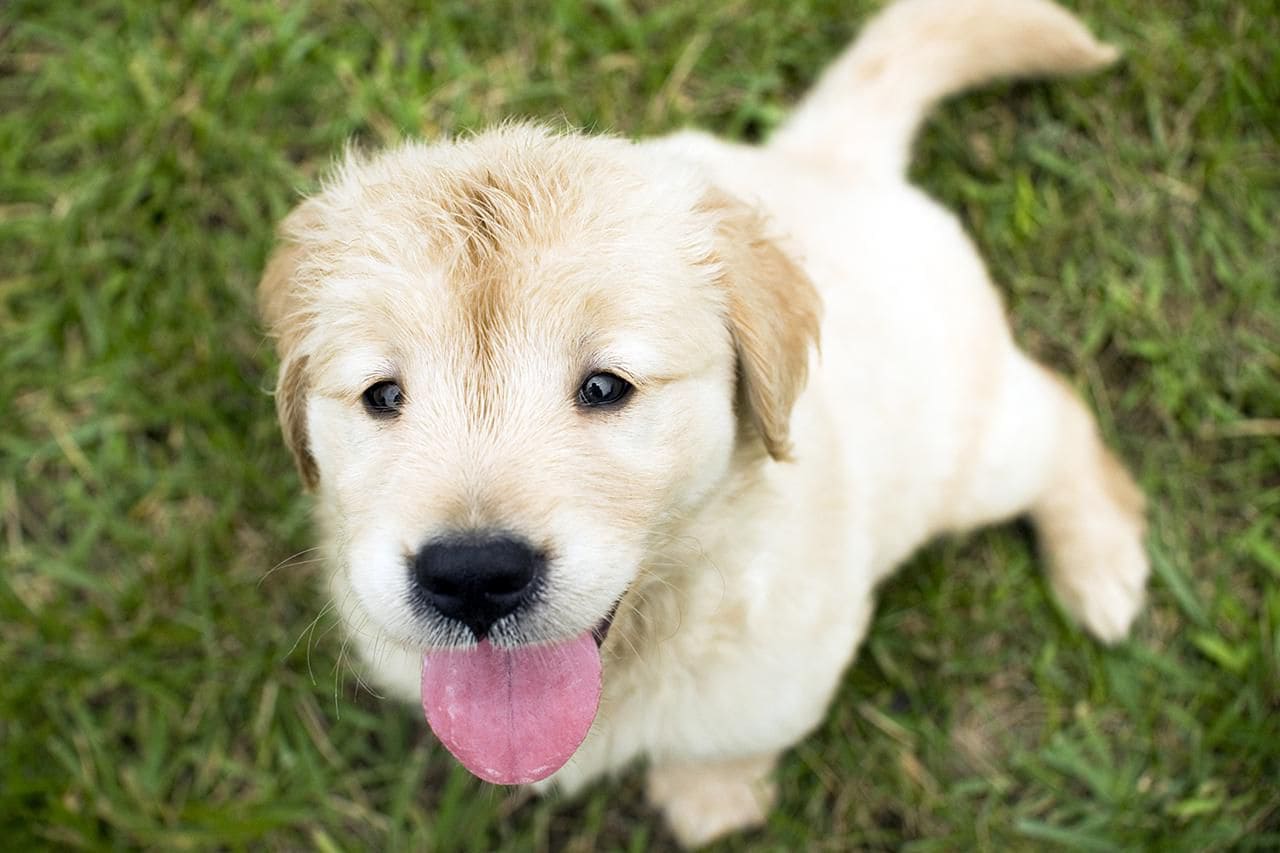Has it ever happened to you that your favourite dog has developed the rather disgusting habit of chowing down on excrement? Witnessing such behaviour can be both perplexing and downright repulsive for pet owners. But do not be alarmed; we are going to set out on a quest to discover the reason behind this strange behaviour known as eating poop in dogs.
What Is Eating Poop, Exactly?
Eating poop is the term for ingesting faeces. Although it may seem disgusting to us as humans, dogs and some other animals exhibit this behaviour rather frequently.
Understanding Why Dogs Eat Poop
In order to understand why dogs participate in eating poop, we need to look at their evolutionary background. Ancestor’s dogs frequently turned to searching for food in order to survive in the wild. They were able to obtain extra nutrients from eating faeces that they might not have received from their main hunt. Dogs that have been domesticated still exhibit this innate behaviour, albeit to varied degrees.
Dogs Eating Poop: Key Statistics
Certainly, Here are some statistics related to the eating of poop by dogs:
Prevalence: Research indicates that 16% of dogs have at some stage in their lives been observed to participate in eating poop.
Environmental Influence: Dogs living in multi-dog households are more likely than dogs in single-dog households to display eating poop behaviour; approximately 25% of dogs in these environments engage in this behaviour.
Health Risks: Dogs that participate in eating poop have an increased chance of acquiring parasitic infections, including tapeworms, roundworms, and Giardia. This information comes from veterinary surveys.
Behavioural Factors: Studies indicate that puppies may be more likely to develop the habit of eating poop; up to 24% of puppies under the age of a year show this behaviour, whereas only 2% of adult dogs do.
Owner Perception: According to surveys, roughly half of dog owners consider eating poop to be among their pets‘ most unwanted behaviours.

Dietary Weaknesses or Quirky Behavior
One common misperception is that dogs eat poop because they are malnourished. Though eating poop can be more subtle, this may be true in a few cases, particularly if the dog’s diet is deficient in important nutrients. Dogs may exhibit this behaviour for many reasons, such as anxiety, boredom, attention-seeking, or even as a behaviour they have picked up from watching other dogs.
Role of Taste and Scent
While the taste and smell of poop are disgusting to humans, dogs find it quite the opposite. Dogs have a sense of smell that is far more acute than ours. Something that smells bad to us might be appealing to them. To further add to their capacity to indulge, dogs might not find the taste of faeces as repulsive as humans do.
Environmental Factors and Social Structure
Dog behaviour is greatly influenced by environmental factors, one of which is eating poop. This behaviour may be more common in dogs that live in crowded or stressful environments as a coping mechanism. In addition, when two dogs live together, one dog may learn to mimic the behaviour of the other by seeing it.
Health Risks and Concerns
Even though eating poop by itself might not always directly endanger a dog’s health, there are still some risks to be aware of. Dogs that eat poop may be exposed to bacteria, parasites, and other pathogens found in the poop. Furthermore, some commercial products meant to prevent eating poop might include ingredients that, if consumed by dogs, could be harmful.
Handling Eating Poop: Tips for Dog Owners
Do not panic if you are dealing with a dog that eats poop. You can use some tactics to stop this behaviour, including:
Dietary Modification: To reduce the risk of nutritional deficiencies, make sure your dog is eating a well-balanced and nutrient-rich diet.
Supervision and Control: Keep a close eye on your dog when they’re outside, and clean up any poop right away to keep them from getting in.
Behavioural Training: Redirect your dog’s attention and reinforce desired behaviour by using positive reinforcement techniques.
Environmental Enrichment: To reduce boredom and anxiety and the inclination to engage in eating poop, provide plenty of mental and physical stimulation.
In conclusion, even though it can be upsetting to see our cherished dogs engaging in eating poop, it’s critical to address the problem with compassion and understanding. Understanding the behavioural, environmental, and evolutionary aspects of this behaviour will help us better understand the complicated nature of why dogs eat poop and protect our furry friends. Recall that promoting a positive connection between dogs and humans only requires a small amount of empathy.

